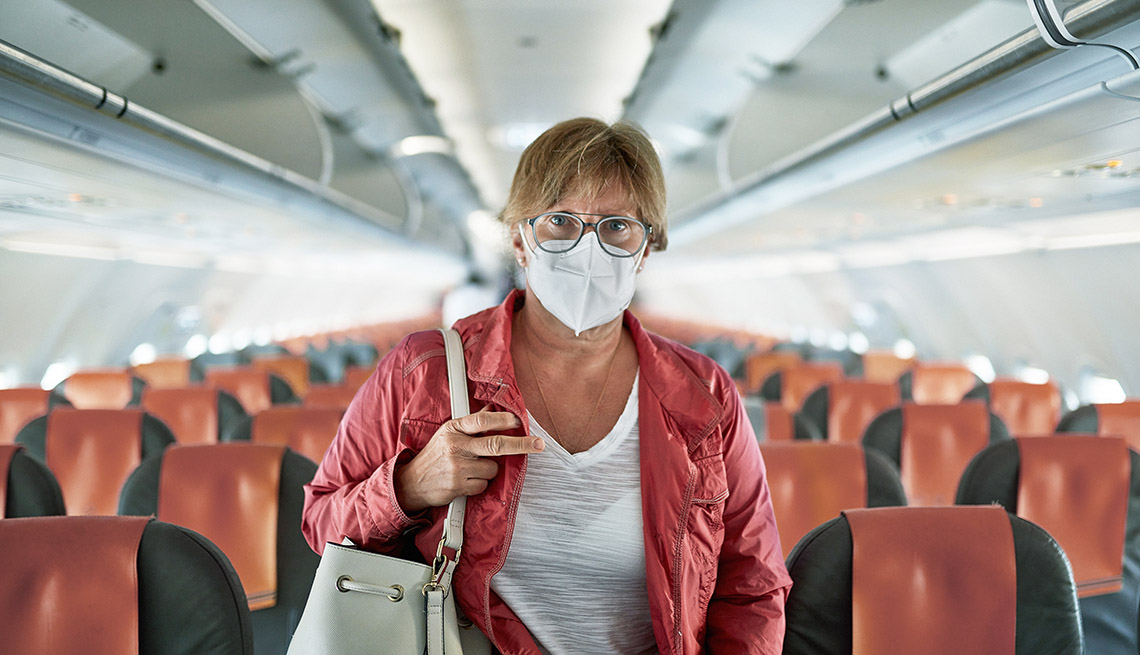
Overcoming fear of flying as the pandemic wanes
- Select a language for the TTS:
- UK English Female
- UK English Male
- US English Female
- US English Male
- Australian Female
- Australian Male
- Language selected: (auto detect) - EN
Play all audios:

There's no solid research on how many people fear flying, but the most common estimate is that it's about 20 percent of passengers, Seif says. Not all of them need to see a
therapist, but it can be useful for many who experience extreme anxiety about air travel. HOW THERAPY CAN HELP Dominika, a 31-year-old North Carolina woman who prefers not to use her last
name, says that she tried handling her flying fears with antianxiety pills. But she decided to see a therapist after a recent flight — her first in more than a year — left her so shaken that
she vomited on the tarmac after landing. “I almost convinced my husband that we should clearly take a ferry from the Bahamas to Florida,” to get home, she says. After a couple of sessions
with Wilson, she has practiced managing her fears of impending disaster in other situations, such as walking along an ocean pier and climbing up to a roof. Exercises like these are common in
cognitive behavioral therapy, the standard approach for people with flying fears, Wilson says. CBT focuses on identifying, understanding and changing thinking and behavior patterns. People
who fear flying, Wilson says, learn through exposure that their discomfort can be fleeting and manageable. It's time to consider therapy, experts say, if you suffer greatly through
every flight or miss out on much-desired travel. “This is highly treatable, so don't despair,” says Cornelia Tietke, a licensed clinical social worker at The Center for Travel Anxiety
in Washington, D.C. “You don't have to white-knuckle it.” You can find therapists who work with fearful flyers at the website of the Anxiety & Depression Association of America
(adaa.org). Some therapists offer group classes and may even take participants on flights. But classes held at U.S. airports, once commonly sponsored by airlines, are largely a thing of the
past, Seif and Wilson say. One exception is the Fearless Flight program (fearlessflight.com), based at Sky Harbor Airport in Phoenix, where in-person classes taught by Ron Nielsen, a former
commercial pilot with a master's degree in counseling, have just resumed after a 14-month pause. The free classes are held aboard a stationary Boeing 737. Nielsen also offers online
classes and coaching, as does Tom Bunn, another pilot turned therapist, who runs a program called SOAR (fearofflying.com). The best therapy is flying itself, insists Jong-Fast, who happens
to be the daughter of Erica Jong, author of the 1973 novel _Fear of Flying_. She says she got through her first flight since the pandemic hit just fine and is back to flying as often as she
can — without her therapist.
